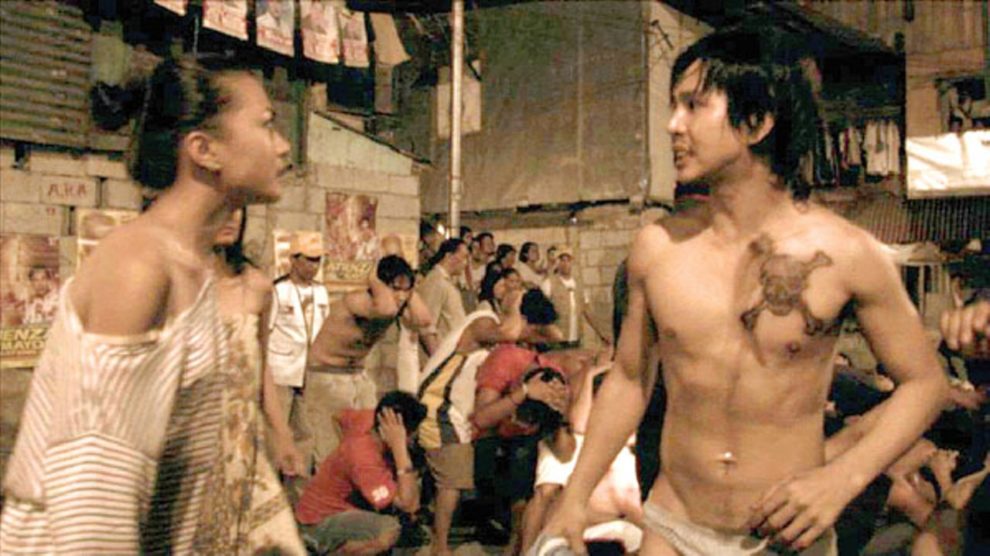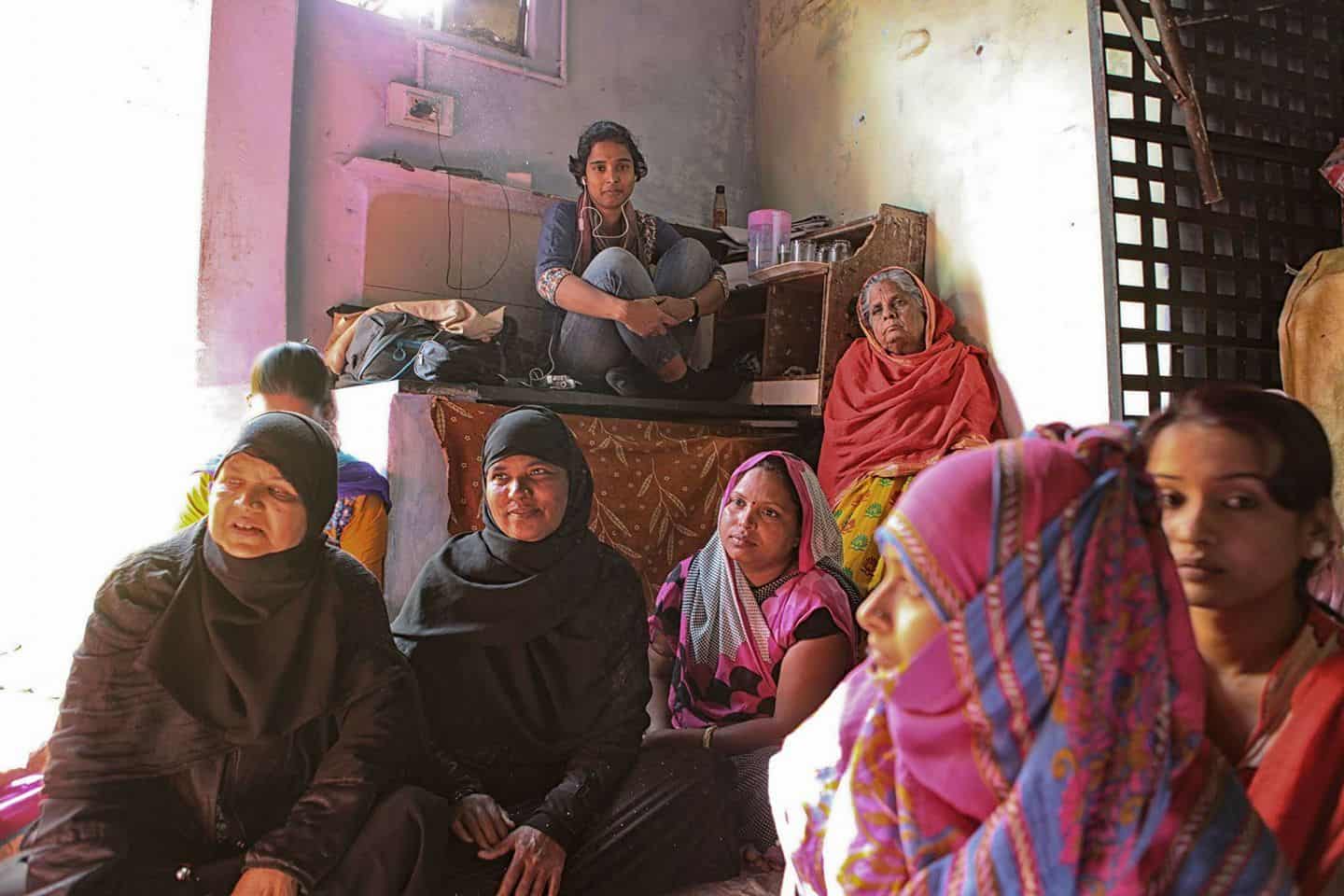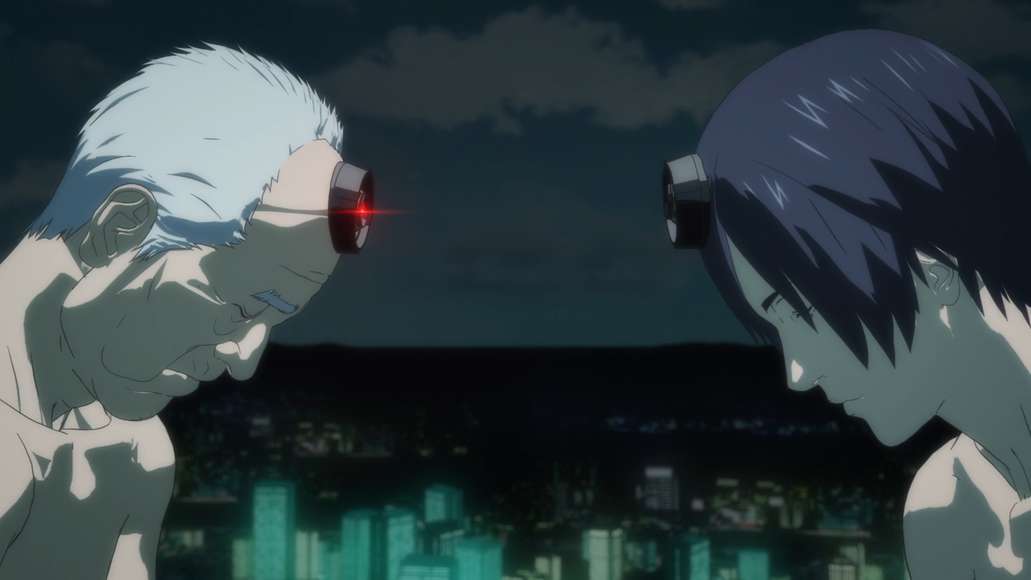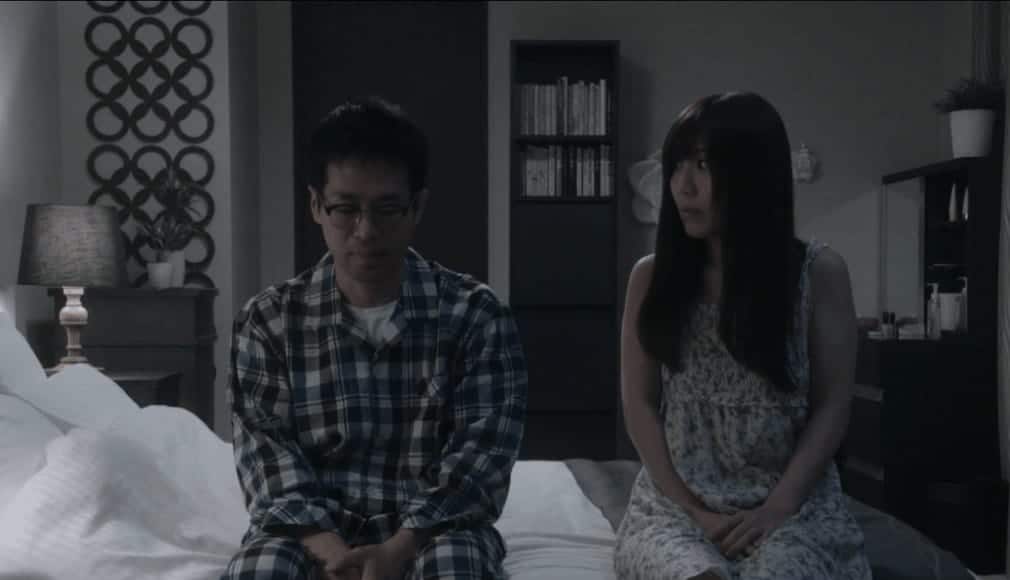Although nowadays his style has changed completely, Brillante Mendoza became famous for his non-stop, documentary-like filmmaking that deals with life in the slums in a way that is both realistic and entertaining. “Slingshot” highlights these elements to the highest degree.
“Slingshot” is screening at Udine Far East Film Festival

The movie opens in the most in-your-face fashion, with a police raid in a shanty town in Quiapo, in one of the poorest slums in Philippines, that is implemented here in order to show as many aspects of Filipino society as possible. The policemen talk somewhat politely but are definitely forceful as they are searching for a series of particular young people, with their raid bringing them across gay men having sex, Muslims, a couple having sex, drug addicts, thieves, Catholics, while a moment before a number of people cautioned the inhabitants of the area about the raid. It is the Catholic Feast of the Black Nazarene, and people are gathering in scores in Quiapo Church, the most popular one in the Philippines. It is also a great opportunity for petty thieves, called “Tiradors” in local slang (as is the original title in Filipino) to go out into the streets and “work”.
Thus, we are introduced to the four protagonists of the movie: 15-year old Odie replaces his deceased father in the “profession”, 45-year-old Zeny looks on helplessly as her children face the reality of the streets, Rex, a drug addict is trying to get milk for his little girl, and 18-year-old Gani becomes the victim of bullying that leads him to crime.

“Slingshot” was shot in 11 days in Quiapo using hidden digital cameras and many non-actors, in order to achieve the sense of brutal realism Mendoza wanted his movie to exhibit. And the truth is, it delivers fully in that regard, as we watch the four protagonists running around in their desperate efforts to survive in an environment where many are clashing with each other for the exact same thing. The images are brutal as they are realistic: violence is hidden in every corner, frequently instigated by the police, and crooks, policemen and politicians seem to be equally corrupt with the only difference being that the last two were lucky enough to be born by richer parents. Expectedly, hope is nowhere to be found and a series of sequences showcase the fact as eloquently as possible: A baby crying while a group of young men are taking drugs in a cramped room and a drug addict losing her dentures in the sink brings her despair of the highest degree, since she had to steal a lot and almost got caught repeatedly in her effort to raise the money to buy them.
At the same time, the labyrinthic setting of the slums emerges as one of the protagonists, with the narrow, dirty streets highlighting the claustrophobic setting the main characters inhabit. Jeffrey dela Cruz, Brillante Mendoza, Gary Tria and Julius Palomo Villanueva's camera captures this setting in the most realistic fashion, while Charliebebs Gohetia's editing induces the film with a frantic pace, of many single shots that move rather fast, in a style that mirrors the particular life to perfection. As such, the few calm moments, frequently focusing on the people chanting in the streets in Cahtolic unity appear as almost ironic, since if God does exist, he seems to have completely forgotten this place.
Through all the aforementioned, the primal need of surviving emerges as the main comment here, as we see how low people are willing to fall, in order to survive another day, in an environment that essentially pushes them towards toxic masculinity, deadly antagonism and self-destruction.
“Slingshot” is one of those movies that grabs you from the neck from the beginning and never lets you go, and the fact that it does so while remaining realistic for the most deems a truly excellent movie.















